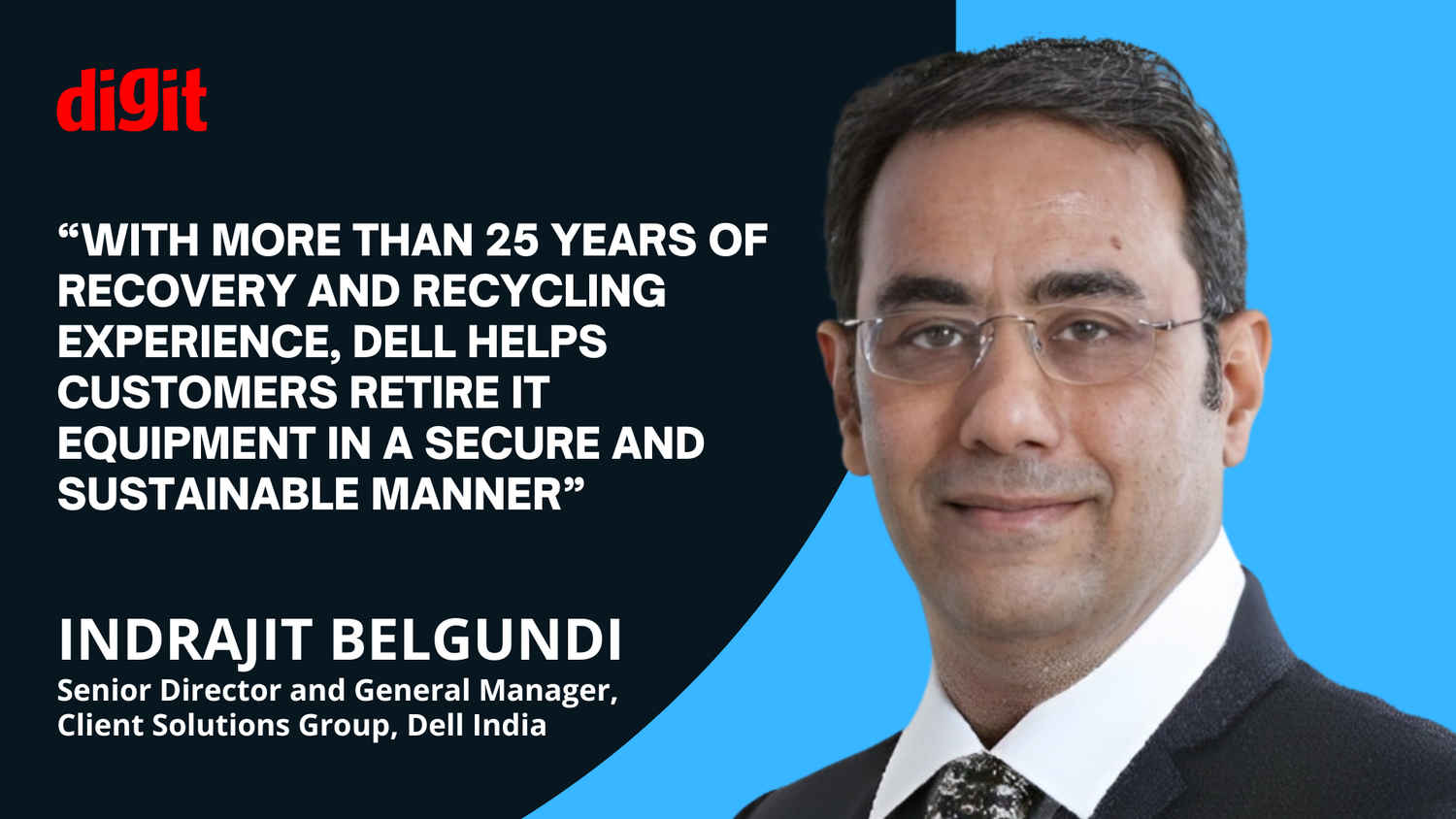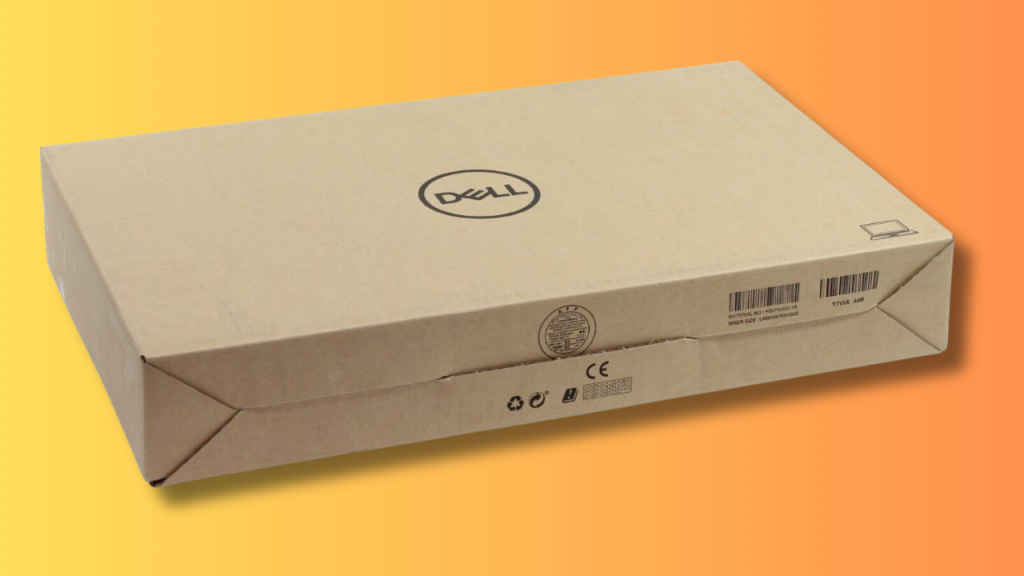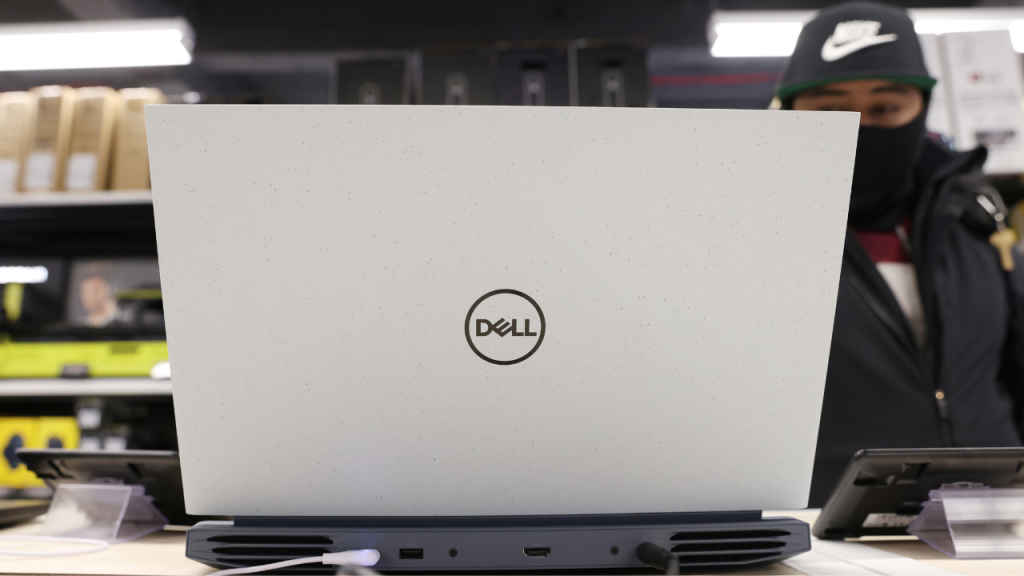Dell India’s sustainable tech journey with Indrajit Belgundi, from new laptops to old ones

How does Dell contribute towards circular economy and sustainability? We spoke to Indrajit Belgundi, Sr. Director & GM, Client Solutions Group at Dell India. From repairability to upgradeability and use of renewable materials, Indrajit gave us a low-down on how Dell is taking steps toward a sustainable future.
 Survey
SurveyHow does Dell approach sustainability and the circular economy in the design and manufacturing of laptops? And what steps are being taken to extend the lifespan of laptops and promote repairability or upgradability?
At Dell Technologies, we have set ESG goals to use more sustainable and recycled materials and to take back as many products as we sell to reduce waste and keep materials in use longer. These goals include that by 2030, for every metric ton a customer buys, we will reuse or recycle an equivalent amount. 100% of the packaging will be made from recycled or renewable material. Finally, more than half of the products content will be made from recycled or renewable material. Dell has been driving greater circularity in our industry for decades. Our approach to driving circular innovation extends across design, manufacturing, sustainable materials, and services, and we’re partnering with others to dramatically reduce global waste and environmental impact on our planet and society.

Also read: The traditional PC will transform into an AI PC, says Lenovo’s Jun Ouyang
To put our scale, size, and reach into context, in FY23, we used 155.5 million kilograms (equal to 343.3 million pounds) of sustainable materials in the production of our products and packaging, thereby increasing the use of recycled and renewable materials in products from 5.9% to 10.8%. Additionally, 94.5% of our packaging across our entire product portfolio is made with recycled or renewable materials. As technology plays an increasingly important role, we are ensuring that sustainability is at the heart of how we design our products and serve our customers.
Can you give us any specific initiatives or strategies that Dell has implemented to minimize environmental impact throughout the lifecycle of your laptops? How does Dell address e-waste and promote recycling or reuse of laptops at the end of their lifecycle? Can you provide insights into the energy efficiency and eco-friendly features incorporated into your laptops?
PCs are essential in driving productivity and efficiency, especially in an era where customers are looking for intelligent solutions. Therefore, it’s important that we design our products to be not only intelligent, powerful, and secure, but also sustainable. The central idea of our approach to circular economy is, reducing waste, and we aim to take back as much as we produce for reuse and recycling. The most prominent example of this approach is our Latitude series of commercial notebooks. The amount of renewable and recycled plastics in the Latitude 5000 series increased by 64% (by weight) over the previous generation. The series is designed with the most innovative use of sustainable materials, featuring components made with reclaimed carbon fibre, renewable materials, and ocean-bound plastics. Furthermore, the Latitude 9440 that was launched in India last year, is the world’s first PC designed with low carbon and recycled aluminium, including 75% recycled aluminium in the chassis. The laptop’s keyboard has keycaps made from 75% recycled plastic and has renewable plastic components made from a byproduct of agricultural and food waste. And, for the first time, we introduced recycled copper in the Latitude 9440, Precision 5680, and Precision 3000 Series power adapters. Going beyond laptops, Dell introduced the EcoLoop™ carrying cases that are made with 100% ocean-bound plastic from up to 11 recycled plastic bottles. The dyeing process of the bags generates 90% less wastewater, up to 62% less CO2 emissions, and uses up to 29% less energy.
While these are a few examples of how we are promoting sustainable innovation in our products, we also have a strong 2024 portfolio with new sustainability features that will be announced soon.
Are there any innovations or advancements that Dell has made to create more sustainable laptop products?
Designing for repairability, reuse and recycling has always been key to how we develop our products, but we continue to focus on innovation and how we can push this even further. In just the last couple of years, our work on sustainability-related innovations has produced more than 430 patent applications as we infuse sustainability across our portfolio. The potential impact of these individual initiatives, when viewed across a diverse product line like Dell’s, is exponential. Concept Luna continues to drive internal analysis of how we can improve our current product development and design to focus on circular design principles. It allows us to explore revolutionary ideas to reduce waste and emissions, reuse materials and achieve next level innovation. It’s incredible to see how Concept Luna has provided inspiration to company-wide teams and now serves as a catalyst to accelerate work in different areas: Modular design; design for repair, refurbish and recycle; and reducing emissions by sourcing more sustainable materials and energy efficient components.
Also read: A look into Future Factory with Mr Jashish Kambli
As we explore the many possibilities in sustainable PC design, we incorporate customer feedback that emphasises the importance of balancing ease of repair and performance with security, durability, dependability, and longevity requirements.

How does Dell collaborate with suppliers and partners to enhance sustainability practices in the laptop manufacturing supply chain? What measures does Dell take to ensure responsible sourcing of materials for laptop production?
Dell is a founding member of the Responsible Business Alliance (RBA), which embeds requirements to uphold and ensure respect for human rights in the RBA Code of Conduct. We are involved in building an industry-wide approach to responsible sourcing of minerals through groups like the Responsible Minerals Initiative. Dell’s goal not only includes products we take back via our own recovery and recycling services, but also extends to products recovered by Dell partners. This change helps us align more closely with the sustainability ambitions of our channel and alliance partners and scale our impact on product take back. We take back out-of-use technology and recycle the materials to make parts for new devices. For example, our OptiPlex portfolio features plastics, aluminium and rare earth magnets from technology Dell has recovered through our recovery and recycling programs.
Globally, Dell is investing in the right partnerships and driving innovation in materials, products, and recovery services to accelerate the circular economy. This translates to increasing the use of sustainable materials that requires identifying, testing, and designing for use of these materials at scale.
How does Dell educate and engage consumers on the importance of sustainability and the circular economy in the context of laptop usage?
The circular economy plays an increasingly important role in contributing to reduced emissions and environmental impact for our company and our customers. In 2021, 57 million tons of e-waste was generated worldwide. This makes it the fastest growing domestic waste stream and only 17.4% of it is being recycled globally. India is the world’s third largest e-waste producer, trailing only China and the United States. To address this issue on a large scale, it is necessary to raise awareness and collaborate with ecosystem partners on innovative use of sustainable materials. With more than 25 years of recovery and recycling experience, Dell helps customers retire IT equipment in a secure and sustainable manner and unlock value that can be put toward future innovation. We are also taking concrete and collective steps to intercept and recycle waste and convert it into valuable resources. NextWave Plastics, a consortium of like-minded companies and founded by Dell Technologies, is working together to build a commercially viable and scalable supply chain to intercept ocean-bound plastic. Through this initiative, plastic waste is actively collected from within 50 km of oceans and waterways, and this recycled ocean-bound plastics are then repurposed into technology devices, including OptiPlex, Precision and Latitude products, as well as packaging and soft goods.
Soham Raninga
Soham Raninga is the Chief Editor for Digit.in. A proponent of performance > features. Soham's tryst with tech started way back in Dec 1997, when he almost destroyed his computer, trying to make the Quake II demo run at >30FPS View Full Profile